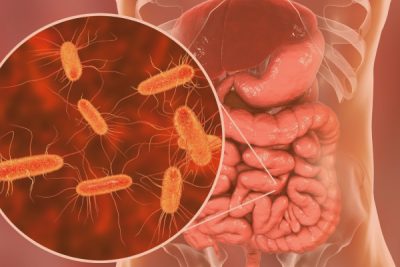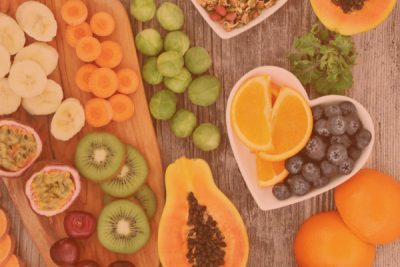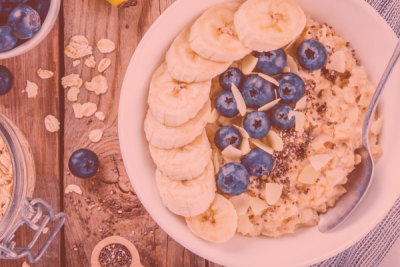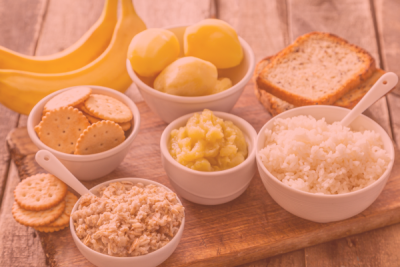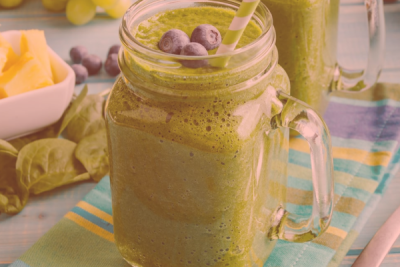Constipation, a frequent digestive problem, can be relieved by including high-fiber fruits, probiotics, whole grains, pulses, and other foods in your diet.
Let us explore the best foods for constipation relief and prevention.
Fiber-rich foods:
Good fiber foods for constipation include whole grains, pulses, fruits, and vegetables. Foods with high fiber content aid digestion by increasing the gut motility and microbiota. It comes in both insoluble and soluble forms, with a balanced blend that aids in constipation alleviation.
- Pulses: Beans, lentils, and chickpeas are high in fiber, which promotes digestion, prevents constipation, and provides energy. Pulses increase the mass and weight of feces, softening them for easier transit. Soybeans, a frequent ingredient in tofu, provide 17 grams of fiber, which is excellent for constipation. Soybeans may be cooked or boiled without losing their fiber content, however soy milk cannot.
- Whole grains: Whole grains such as brown rice, quinoa, oats, and whole wheat bread are high in insoluble fiber, which promotes bowel motions and stool volume. Oats are necessary for gut health, while brown rice is good for constipation. Wheat bran, which is high in insoluble fiber, should be taken raw or minimally cooked for the most nutritional value.
Fruits and vegetables:
- Fiber-rich fruits good for constipation include apples, pears, prunes, and raspberries. Apples contain pectin, which promotes stool frequency and minimizes the need for laxatives. Consuming apples whole or sliced in salads or baked dishes might assist with constipation.
- Pears may have laxative qualities but have high sorbitol and fructose content.
- Berries, including blackberries, raspberries, prunes, strawberries, blueberries, and raspberries are fruits that relieve constipation due to high fiber and antioxidant content, which promote quicker food passage through the intestines. Raspberry, with eight grams of fiber per cup, is very good for alleviating constipation.
- Prunes, high in fiber and sorbitol, are recognized for their natural laxative properties, which soften stools and ease bowel motions. Prune juice is considered the best fruit juice for constipation.
- Brussels sprouts, broccoli, and spinach are high-fiber vegetables for constipation. In addition to fiber, they are abundant in vitamins, and minerals, which improve digestive health and help to avoid constipation.
- These leafy greens may be cooked in a variety of ways, including boiling, steaming, grilling, and roasting. Inulin, a form of soluble fiber, encourages the development of bacteria in the stomach, improving digestive health.
- Broccoli, cauliflower, carrots, eggplant, green peas, and artichokes are also good sources of dietary fiber and laxatives.
Healthy Fats:
- Avocados: Avocados, which are high in monounsaturated fats and fiber, can help maintain a healthy digestive tract. Spread slices on whole-grain bread or add them to salads.
- Olive oil: Olive oil helps to lubricate the intestines and improve digestion. They also include antioxidant, antimicrobial, and anti-inflammatory qualities, making them a healthy addition to any diet.
Ensure Hydration:
- Hydration is essential for regular bowel movements since it softens feces and makes them easier to pass. Constipation is often caused by dehydration, so drinking enough water might help relieve symptoms.
- Hot tea, especially anise and fennel tea, has laxative properties and stimulates the intestines.
- Drinking water and other liquids, such as fruit juices and clear soups, can also assist.
Nuts and Seeds:
- Chia seeds, flaxseeds, and walnuts are good fiber foods for constipation.
- Chia seeds, a thick, insoluble food, absorb stomach water, aiding digestion and maintaining gut flora balance.
- Flaxseeds are high in fiber, which aids digestion and relieves constipation.
- Walnuts, along with almonds and pecans, are a healthy food for constipation because of their high fiber content and omega-3 fatty acids, which assist with stool transit.
Probiotics:
- Fermented foods such as yogurt, kefir, and sauerkraut are probiotic foods for constipation that include helpful bacteria to enhance gut health, soften feces, and help with regular bowel movements.
- Kefir, a fermented milk beverage from the Caucasus Mountains, is a probiotic that enhances gut microbial composition, alleviates stomach discomfort, and may soften stool. It may be consumed alone or mixed with smoothies and salad dressings.



